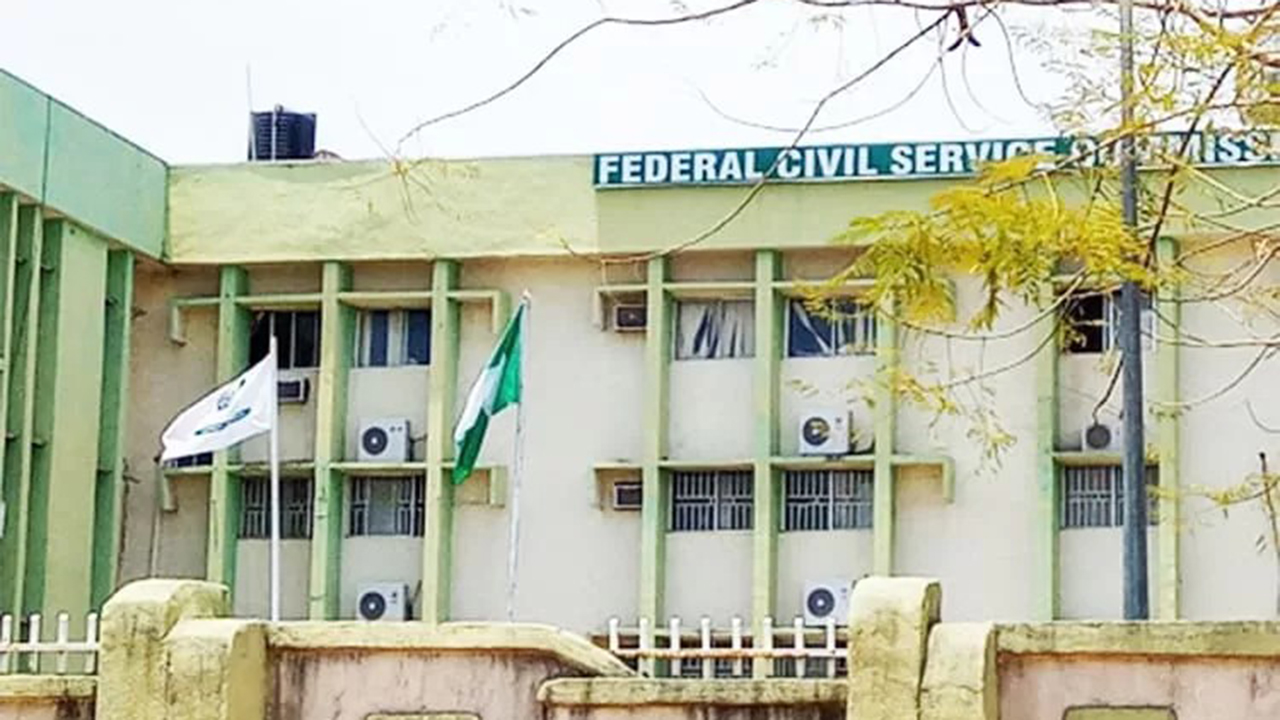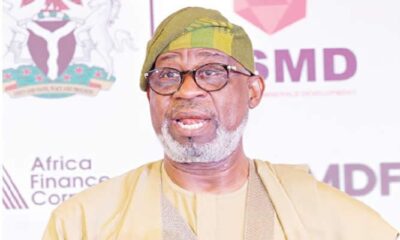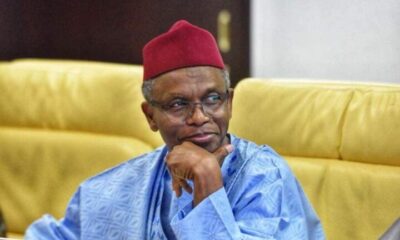The PASGA Project is designed to provide a comprehensive workforce profile to guide future decisions on recruitment, training, deployment, and career progression within the civil service.
By identifying current and emerging skills gaps in critical areas such as ICT, project management, public finance, and data analysis, the project aims to strengthen training programmes and ensure targeted capacity development.
The initiative also seeks to enhance human resource management systems through digitalisation using the Human Resource Management Information System.
It is expected to promote efficiency, reduce financial leakages, eliminate redundancies, and enable strategic redeployment of resources across Ministries, Departments, and Agencies.
The project is being implemented by a Steering Committee chaired by the Head of the Civil Service of the Federation, Dr Didi Walson-Jack, and a Project Implementation Committee chaired by the Permanent Secretary, Common Services Office, Dr Danjuma Kalba.
Speaking at a sensitisation programme for the initiative on Thursday, Walson-Jack said the project marks a major milestone in the ongoing implementation of the Federal Civil Service Strategy and Implementation Plan 2021–2025, which is anchored on innovation, talent optimisation, and institutional excellence.
“Through PASGA, we are setting a new standard — one that is transparent, data-based, and performance-oriented. This reform will deliver accurate personnel records, identify existing skills gaps, and support targeted training and redeployment aligned with the evolving needs of government,” Walson-Jack said.
The Head of Service commended the Permanent Secretary, Common Services Office, and the Project Implementation Committee for their coordination and preparatory work, describing their efforts as exemplary of the teamwork and shared vision driving the ongoing transformation of the civil service.
She also urged the OHCSF Cluster Consultant, Knewrow Consulting, to approach the assignment with professionalism, integrity, and technical precision, assuring them of full management support throughout the implementation process.
Walson-Jack further called on all Permanent Secretaries, Directors, union leaders, and staff across MDAs to demonstrate ownership and full cooperation with the project, stressing that PASGA is not merely an audit, but a reform tool that will shape the future of Nigeria’s workforce.
“This exercise is a bold statement of our readiness to build a civil service that is data-driven, merit-based, and future-ready.
“Together, we can make the Nigerian civil service a model of efficiency, accountability, and innovation in public administration,” she said.
punch.ng
FOLLOW US ON:































